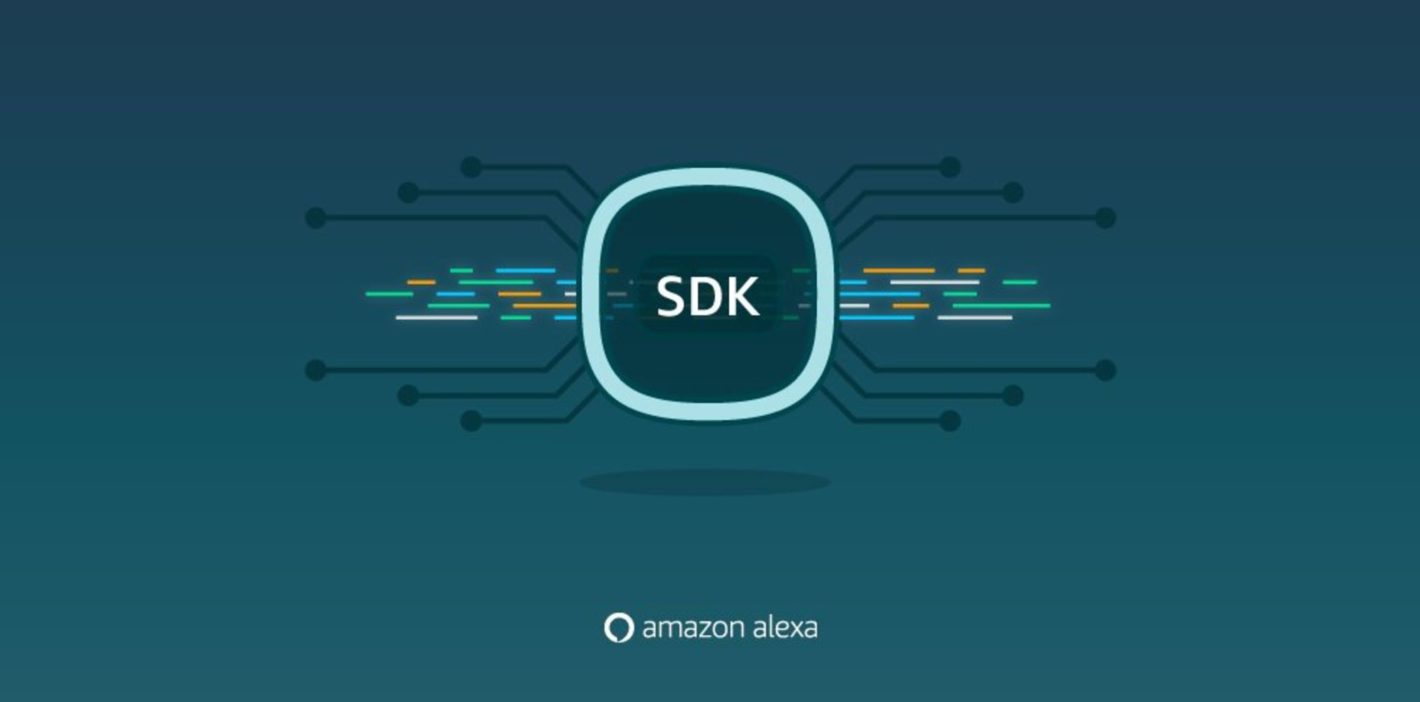 EMERGING TECH
EMERGING TECH
 EMERGING TECH
EMERGING TECH
 EMERGING TECH
EMERGING TECH
Amazon.com Inc. is aiming to get its Alexa digital voice assistant installed on more third-party devices with the release of a software development kit that enables just that.
The Amazon Voice Services Device SDK, launched today, is aimed at making Alexa integration simpler and cheaper for commercial device manufacturers through the provisional of core libraries for Alexa compatibility and code access for all of Alexa’s core functionalities.
“The AVS Device SDK provides C++-based libraries that enable your device to process audio inputs and triggers, establish persistent connections with AVS, and handle all Alexa interactions,” Amazon Senior Product Marketing Manager Satish Iyer said in a blog post. “The SDK also includes the capability agents that leverage the AVS API to handle core Alexa functionality, including speech recognition and synthesis, and other capabilities such as streaming media, timers and alarms, notifications, weather reports, and thousands of custom skills.”
Amazon’s new SDK is an extension of the company’s announcement in January that it would like to see Alexa everywhere, including washing machines, DVRs and television sets. Amazon previously signed deals with Chinese manufacturer Tongfang Global Ltd. (whose brands include Seiki, Westinghouse Electronics and Element Electronics), DISH Network Corp., The Whirlpool Corp. and Lenovo Group Ltd. for Alexa-enabled products.
However, the launch of the SDK would indicate that Amazon’s end game is to have Alexa integrated into as many products as possible so as to create a position of smart-device market dominance. It’s not far off from how Google Inc. managed to make its Android operating system dominate smartphones and tablets.
Not everyone is as keen on Alexa’s abilities as Amazon is. Marc Vontobel, chief technology officer and founder of artificial intelligence firm Starmind International AG, told SiliconANGLE that Alexa, along with similar technologies, still lack the ability to recognize the voices and details of who is speaking, among other problems.
“[With] Alexa you are talking to a computer, not ‘artificial’ or human intelligence,” he said. “The computer can give you answer of data that they have access to but not beyond that point … but anytime the answer is not available in the data set, Alexa will say: ‘Sorry I didn’t understand.'”
He added that Alexa and any other voice recognition system could be a lot more advanced if they would understand when the data it has access to can’t provide the answer. In that case, it could offer to connect to the best expert: a human. “Amazon’s announcement today is a great step in the right direction, but nailing down these next steps will be the key to unlocking the full potential of Alexa in our working environments,” he said.
For those interested in utilizing the AVS SDK, a copy is available for download from GitHub here, with more technical details here.
Support our mission to keep content open and free by engaging with theCUBE community. Join theCUBE’s Alumni Trust Network, where technology leaders connect, share intelligence and create opportunities.
Founded by tech visionaries John Furrier and Dave Vellante, SiliconANGLE Media has built a dynamic ecosystem of industry-leading digital media brands that reach 15+ million elite tech professionals. Our new proprietary theCUBE AI Video Cloud is breaking ground in audience interaction, leveraging theCUBEai.com neural network to help technology companies make data-driven decisions and stay at the forefront of industry conversations.